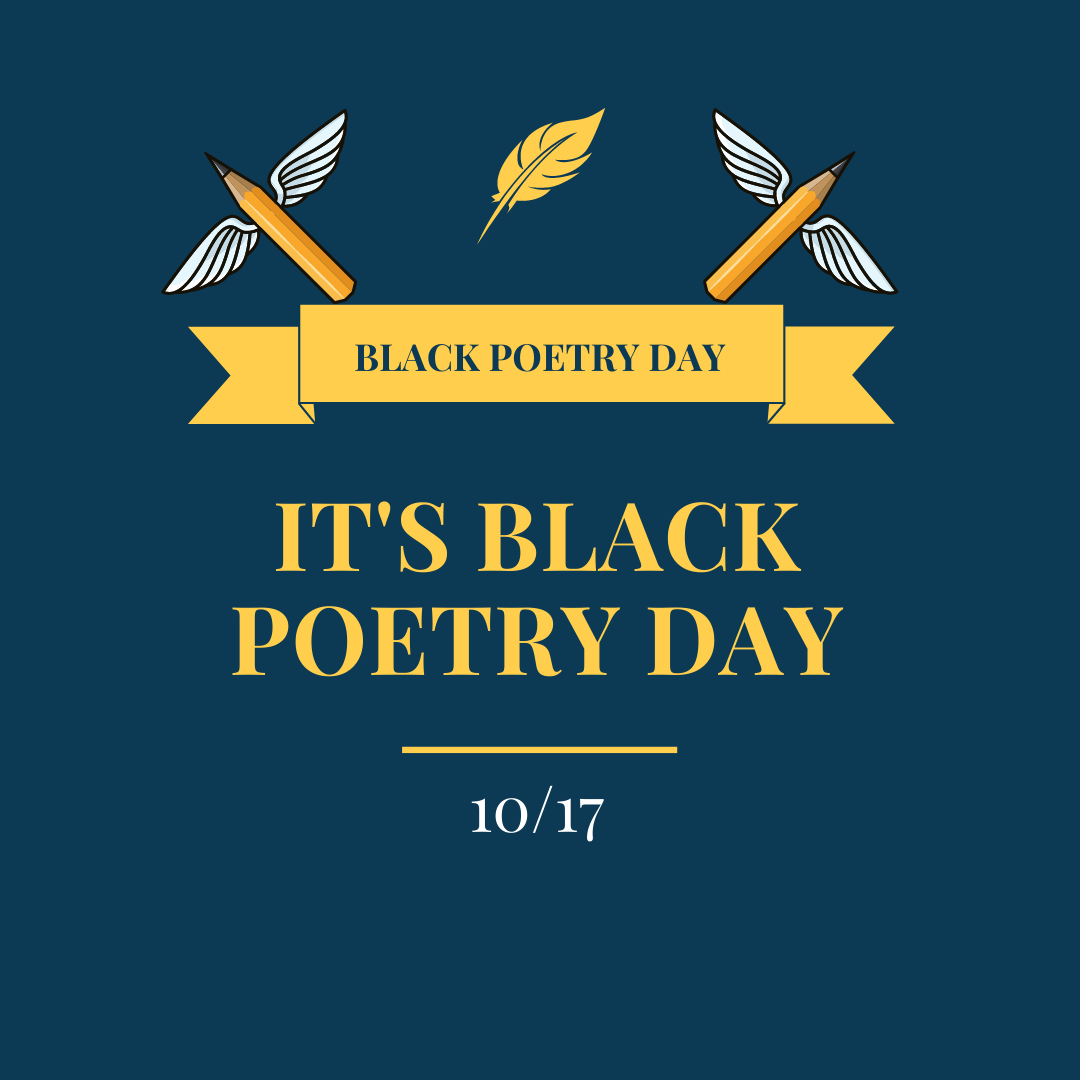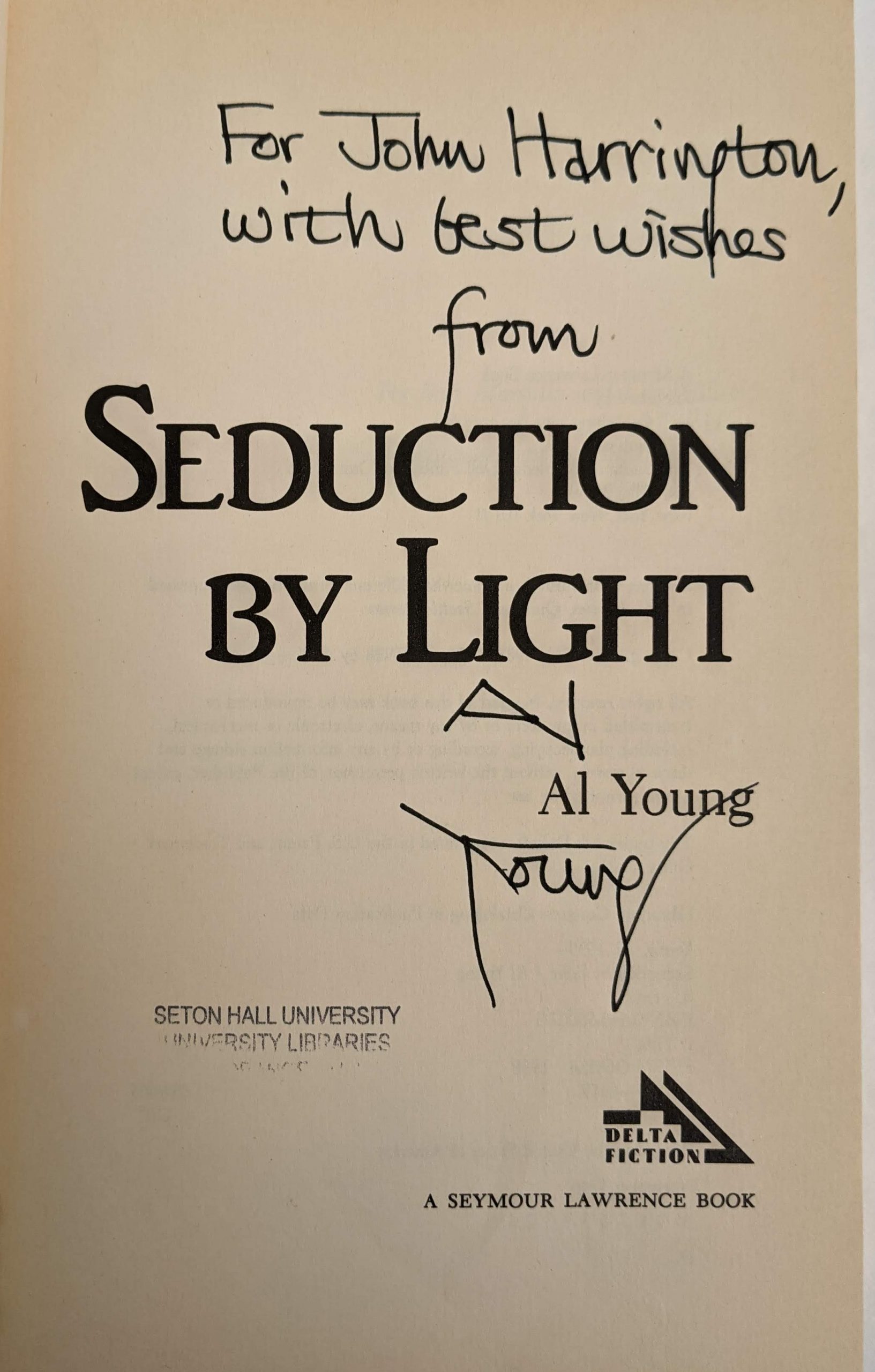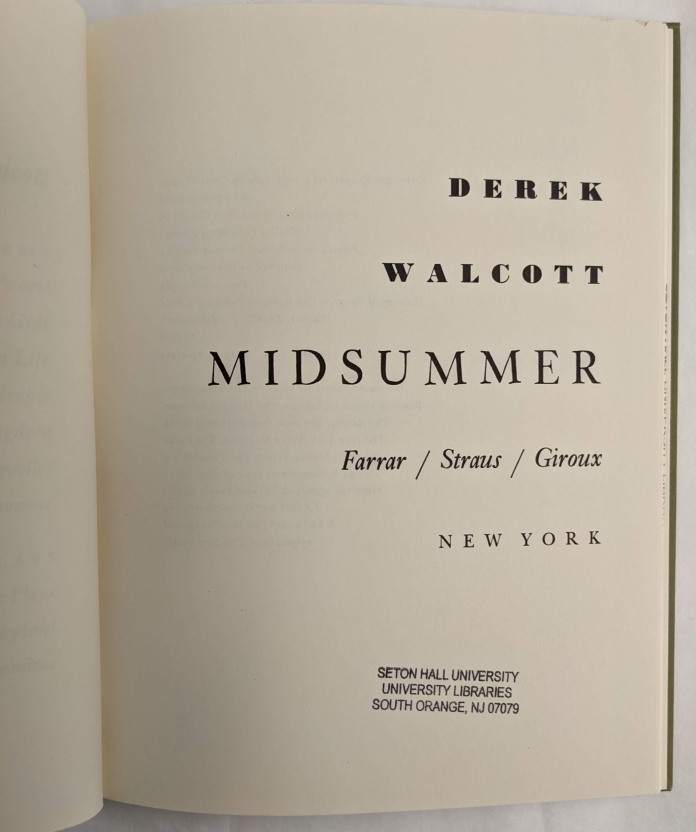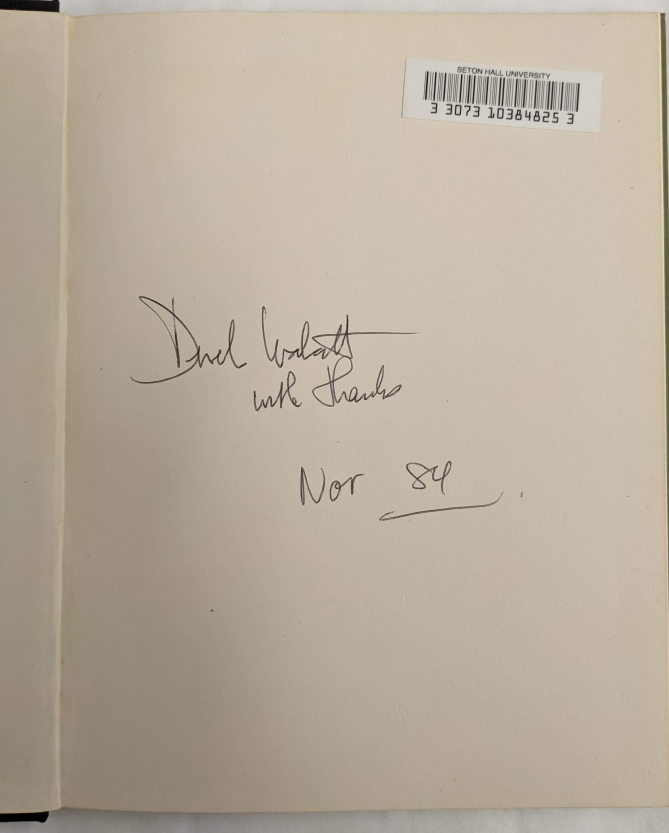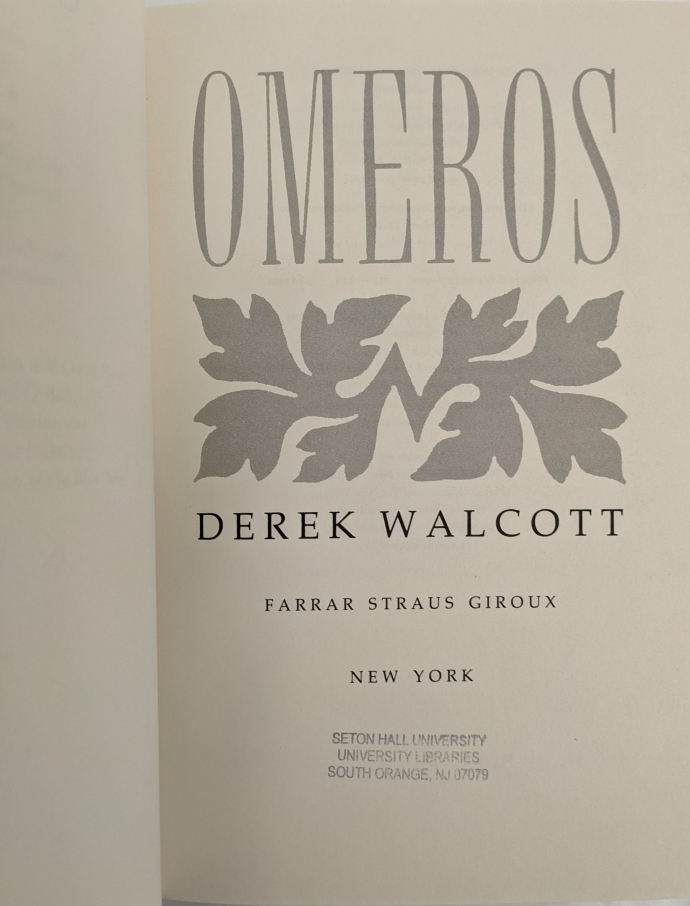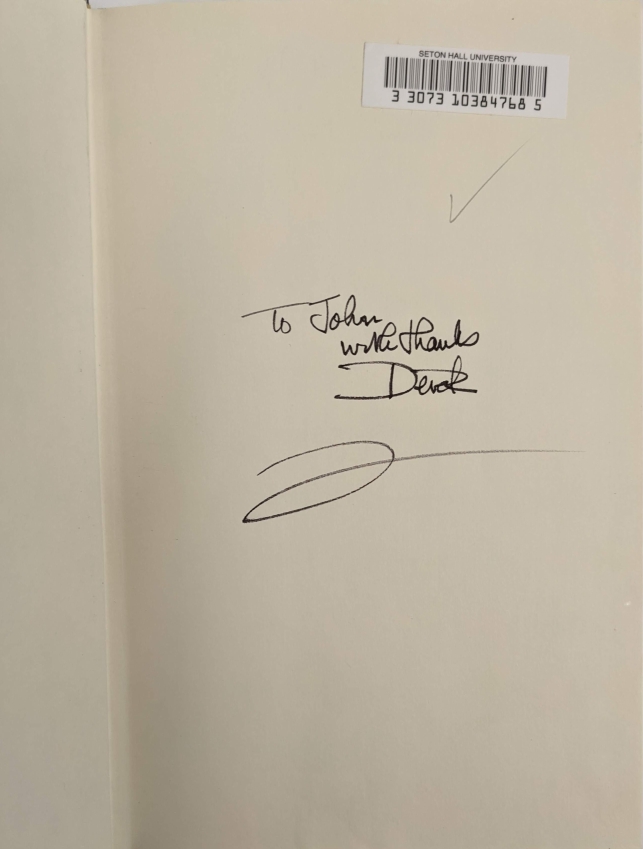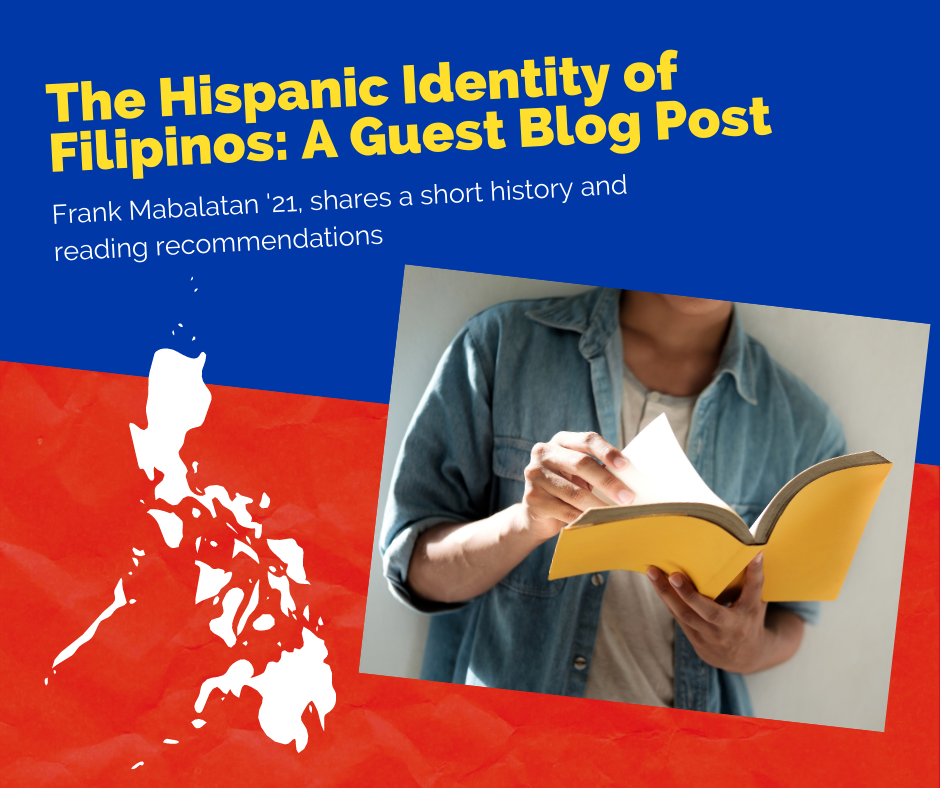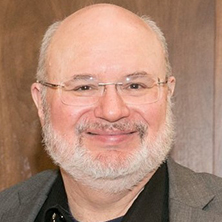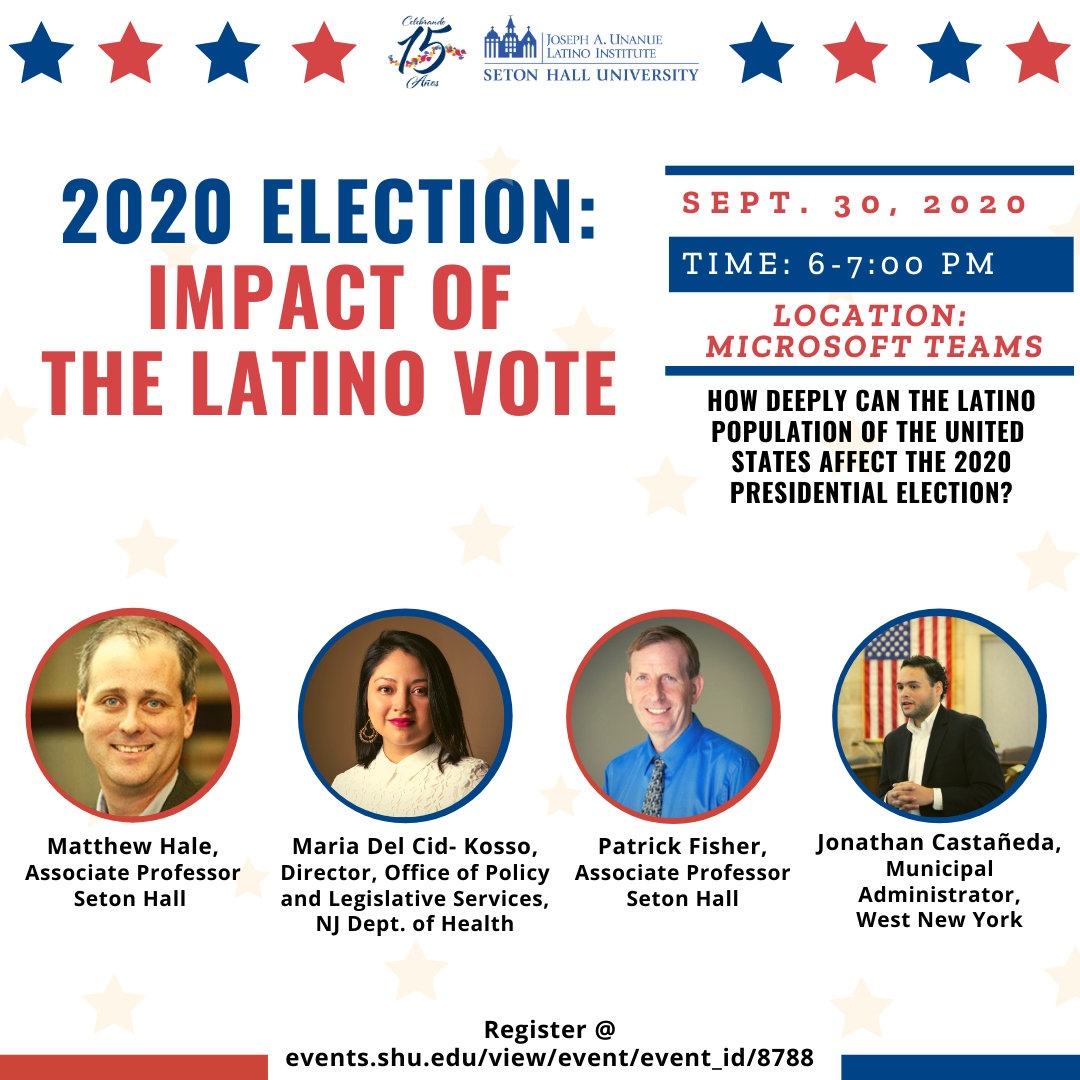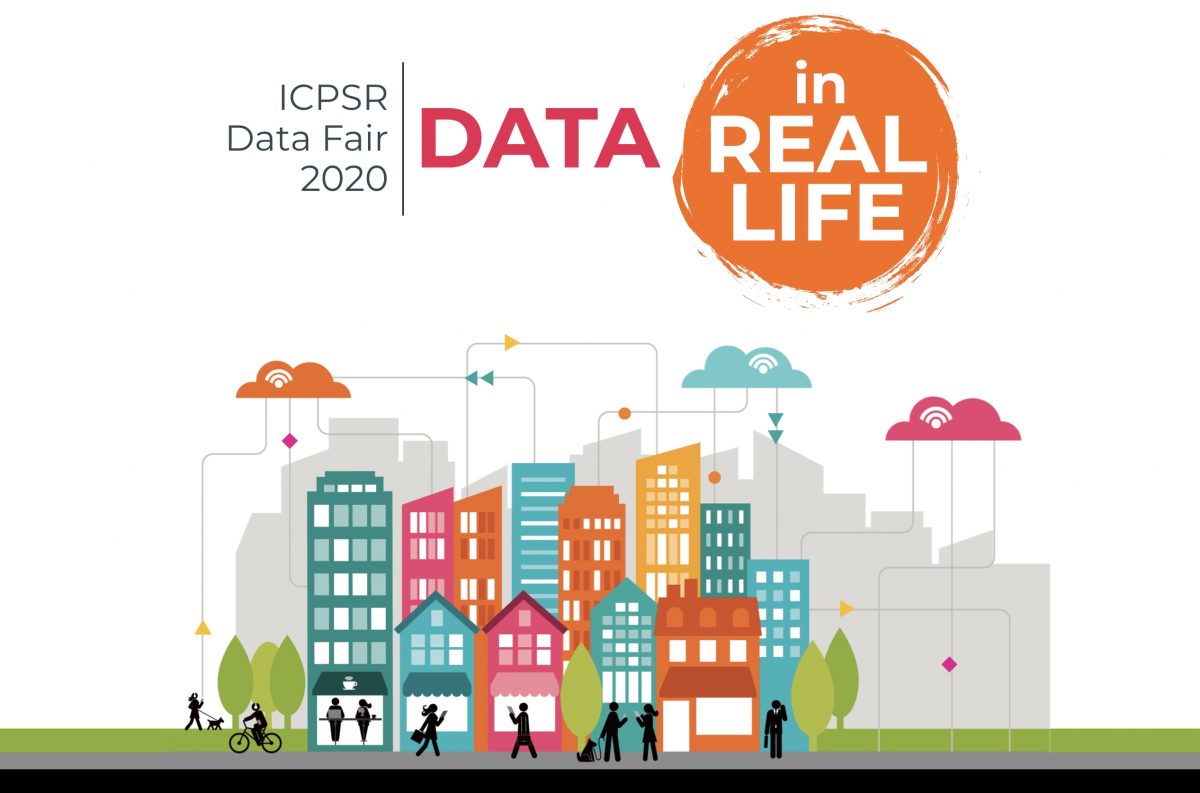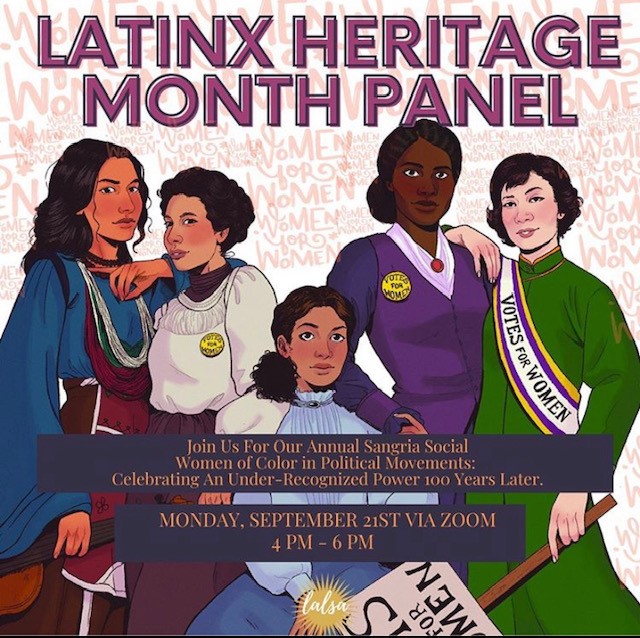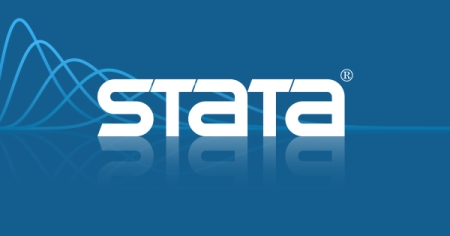This is a student guest blog post in honor of Hispanic Heritage Month and Filipino American Heritage month.
Author: Mark Francis Mabalatan ’21, Management and Political Science Major, 3+2 Master of Public Administration Program
333 years is quite a long time. For Filipinos, the 333 years the Philippines were subjugated to Spanish colonization were rife with conflict, both militarily and in identity. Like several other civilizations that first met Spanish conquistadors at their shores in the 15th and 16th centuries, the Philippines had unique, highly structured societies prior to European contact. These conflicts were exemplified by the story of The Battle of Mactan, where Ferdinand Magellan (Guillermo 261) was famously defeated by native datu (ruler) Lapu-Lapu (Guillermo 240), in my own ancestral province of Cebu (Guillermo 100). While the Battle of Mactan is a legend every Filipino is familiar with, the subsequent centuries gave way to a tidal wave of Spanish settlement, economic practices, and cultural rifts.
The first Spaniards in Cebu were 2,100 settler-soldiers from New Spain (Mexico), and the Philippines was administered as a Viceroyalty of New Spain until the end of Spanish rule in 1898. In that time, Spanish settlers changed almost every aspect of life on the islands. They changed our names. They changed our languages. They changed our religions. The effects of Spanish colonization were wide-ranging and emphatic, remaining to this day. So, is the Philippines a Hispanic country? Quite clearly, yes. But in the contemporary Hispanic consciousness, it is not understood as such – as if there was something that erased those 333 years of history.
As it turns out, the subsequent 48 years of American colonization is quite the eraser. The United States undertook an expedited process of undoing the Hispanization of the Philippines to make way for its Americanization of the islands. Despite this, the fact remains that the cultural DNA of the Philippines is Hispanic, making many aspects of the Filipino experience Hispanic and the experience itself Hispanic. The father of modern Philippines, José Rizal, wrote all his foundational works in Spanish. We tell time in Spanish. 80% of Filipinos are Catholic. The holiday known in the Philippines as Undas is a carbon copy of Dia de Muertos in Mexico and other Latino countries. Cebuano, also known as Bisaya and the native language of my family, contains thousands of Spanish words. However, the beauty of our culture is not derived from our colonization, but how we rose out of it. Distinctly Filipino music and dance styles such as Cariñosa, featuring dancers in brightly colored, flowing dresses called Maria Claras, bears a striking resemblance to jarabe tapatío of Mexico. Traditional Hispanic family values, including respect for elders, close family ties, and pride of the home country, are powerfully evident in many Filipino families.
Every year, October 1st to 15th serves as a metaphor for Hispanic identity of Filipinos. During this time span, there is a two-week eclipse of Hispanic Heritage Month, which lasts from September 15th to October 15th, and Filipino-American Heritage Month, which lasts the entire month of October— Hispanic, but not completely. History defines the present and the future, an axiom especially significant to ethnic groups. So what does Filipino history say about the country’s Hispanic identity? As Filipino-American sociologist Anthony Christian Ocampo, author of The Latinos of Asia: How Filipinos Break the Rule of Race, plainly states, “You can’t just forget the three-and-a-half century Spanish influence in the Philippines.”
See below for to learn more about the Hispanic identity of the Philippines, Filipinos, and Filipino-Americans:
Books
Bulosan, Carlos. America Is in the Heart: A Personal History. Vol. 2014 edition, University of Washington Press, 2014. EBSCOhost, https://search.ebscohost.com/login.aspx?direct=true&AuthType=sso&db=e700xna&AN=1052322&site=ehost-live
Francia, Luis. A History of the Philippines: From Indios Bravos to Filipinos. Overlook Press, 2014. https://setonhall.on.worldcat.org/oclc/878963486 Request through ILL or Suggest for Purchase!
Guillermo, Artemio R. Historical Dictionary of the Philippines. Vol. 3rd ed, Scarecrow Press, 2012. EBSCOhost, https://search.ebscohost.com/login.aspx?direct=true&AuthType=sso&db=e089mna&AN=413501&site=ehost-live&custid=s8475574&ebv=EB&ppid=pp_100
Ocampo, Anthony Christian. The Latinos of Asia: How Filipino Americans Break the Rules of Race. Stanford University Press, 2016. EBSCOhost, https://search.ebscohost.com/login.aspx?direct=true&AuthType=sso&db=e000bna&AN=1115879&site=ehost-live
Rizal, José. El Filibusterismo: Continuacion Del Noli Me Tangere. Boekdrukkerij F. Meyer-Van Loo, 1896. Project Gutenberg, http://www.gutenberg.org/ebooks/30903
Rizal José. Noli Me Tangere. Project Gutenberg, http://www.gutenberg.org/ebooks/20228
Articles
Videos


